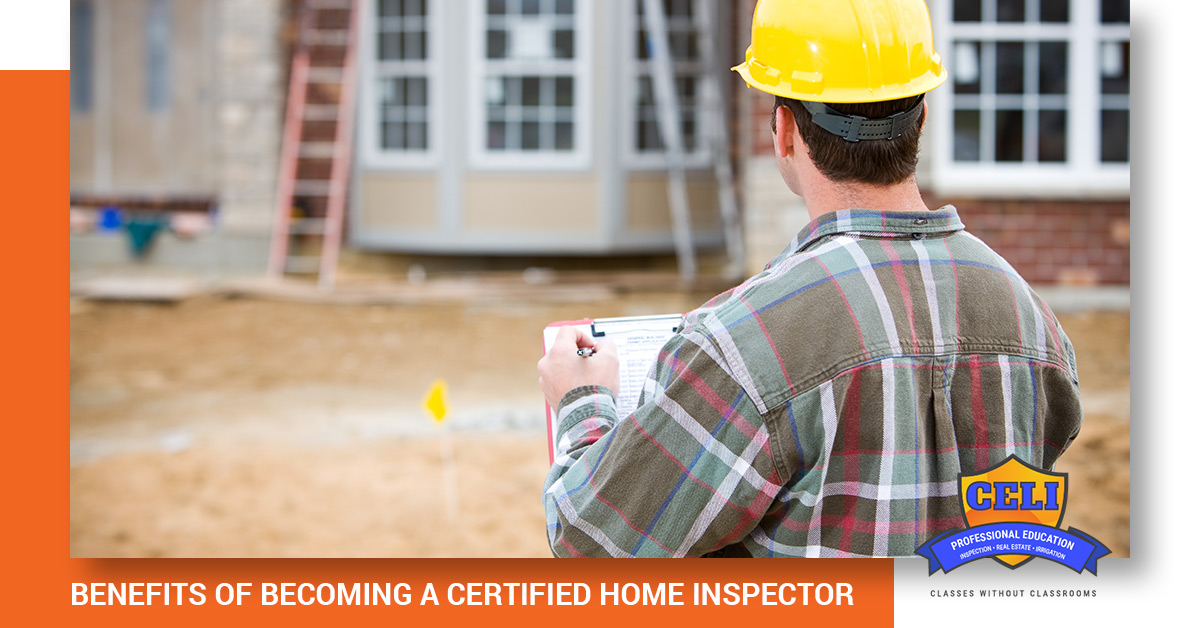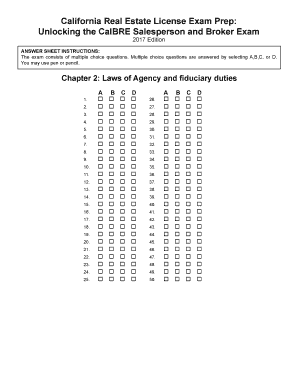
Here are some ways you can invest in real estate without spending a lot of money. There are three types of these: House hacking and 203(k), loans, as well as hard money loans. Another popular option is equity partnership. The option to purchase a property and pay off the mortgage in the following few years is also possible. However, it may not be as easy as it sounds. There are many other ways to invest without spending any money.
House hacking
You can invest in real estate with no money down by house hacking. This strategy involves buying multifamily properties and living in one unit while renting out the remainder. After a few years, the property is sold for profit. This strategy can be used to buy single-family homes or multifamily properties. Sometimes, you can live in the property free of charge or without paying rent.

203(k) loans
For first-time buyers, the 203(k), or loan, is best. This type of loan is best for houses that are in need of renovation. However, the house should be occupied for at minimum 12 months. It can be difficult, especially if unexpected repairs are required after the loan has been approved. However, it is possible to make the entire process easier by working closely with a professional who understands how to apply 203(k).
Hard money loans
It can be daunting to think of how to find hard money lenders if you are looking at investing in realty without money. Hard money lenders are usually flexible with the terms of their loans because they are based on the property's value. You might consider looking for a lender that shares your goals and can provide the financing you need.
Equity partnership
If you're wondering how to invest in real estate with no money, you've come to the right place. Even though you might not have enough money to buy a house of your own, there are still many options for acquiring funds. It is possible to use funds from friends and family to buy a home. There are many options for obtaining funds, including borrowing money from friends, family members, or private lenders.
Lease option
You can invest in real estate without investing any money by using a lease option. Lease options allow you to make monthly payments and have the option of purchasing the property later. The goal is to line up a tenant that will pay the lease amount and you will receive a deposit from them. The deposit is the option money and you should charge a higher amount than the actual value of the property. You will be earning $300 every month with this strategy.

Wholesale deals
This article will help you find a way to buy wholesale real estate deals without any cash. Wholesale properties are rarely listed and can offer quick profits. It is not easy to find the ideal property at a reasonable price. However, wholesale properties offer substantial benefits. Wholesale properties must not only be below market value, but also have upside potential. As an investor, it is important to research local real estate markets, find buyers, and get financing. Start by looking for wholesale properties in your local area.
FAQ
How can I calculate my interest rate
Market conditions impact the rates of interest. The average interest rate for the past week was 4.39%. Multiply the length of the loan by the interest rate to calculate the interest rate. Example: You finance $200,000 in 20 years, at 5% per month, and your interest rate is 0.05 x 20.1%. This equals ten bases points.
What should I look out for in a mortgage broker
Mortgage brokers help people who may not be eligible for traditional mortgages. They work with a variety of lenders to find the best deal. Some brokers charge fees for this service. Others offer free services.
How do I repair my roof
Roofs may leak from improper maintenance, age, and weather. Repairs and replacements of minor nature can be made by roofing contractors. Contact us for more information.
Do I need flood insurance
Flood Insurance protects from flood-related damage. Flood insurance can protect your belongings as well as your mortgage payments. Find out more information on flood insurance.
What are the benefits associated with a fixed mortgage rate?
Fixed-rate mortgages guarantee that the interest rate will remain the same for the duration of the loan. This means that you won't have to worry about rising rates. Fixed-rate loan payments have lower interest rates because they are fixed for a certain term.
What are the 3 most important considerations when buying a property?
Location, price and size are the three most important aspects to consider when purchasing any type of home. Location is the location you choose to live. Price refers to what you're willing to pay for the property. Size refers to how much space you need.
How much will it cost to replace windows
Window replacement costs range from $1,500 to $3,000 per window. The total cost of replacing all of your windows will depend on the exact size, style, and brand of windows you choose.
Statistics
- When it came to buying a home in 2015, experts predicted that mortgage rates would surpass five percent, yet interest rates remained below four percent. (fortunebuilders.com)
- Private mortgage insurance may be required for conventional loans when the borrower puts less than 20% down.4 FHA loans are mortgage loans issued by private lenders and backed by the federal government. (investopedia.com)
- Over the past year, mortgage rates have hovered between 3.9 and 4.5 percent—a less significant increase. (fortunebuilders.com)
- It's possible to get approved for an FHA loan with a credit score as low as 580 and a down payment of 3.5% or a credit score as low as 500 and a 10% down payment.5 Specialty mortgage loans are loans that don't fit into the conventional or FHA loan categories. (investopedia.com)
- Some experts hypothesize that rates will hit five percent by the second half of 2018, but there has been no official confirmation one way or the other. (fortunebuilders.com)
External Links
How To
How to manage a rental property
Renting your home can be a great way to make extra money, but there's a lot to think about before you start. These tips will help you manage your rental property and show you the things to consider before renting your home.
Here's how to rent your home.
-
What are the first things I should consider? Consider your finances before you decide whether to rent out your house. If you have debts, such as credit card bills or mortgage payments, you may not be able to afford to pay someone else to live in your home while you're away. Check your budget. If your monthly expenses are not covered by your rent, utilities and insurance, it is a sign that you need to reevaluate your finances. It may not be worth it.
-
How much will it cost to rent my house? It is possible to charge a higher price for renting your house if you consider many factors. These factors include the location, size and condition of your home, as well as season. Prices vary depending on where you live so it's important that you don't expect the same rates everywhere. The average market price for renting a one-bedroom flat in London is PS1,400 per month, according to Rightmove. This would translate into a total of PS2,800 per calendar year if you rented your entire home. It's not bad but if your property is only let out part-time, it could be significantly lower.
-
Is it worth the risk? Doing something new always comes with risks, but if it brings in extra income, why wouldn't you try it? It is important to understand your rights and responsibilities before signing anything. It's not enough to be able to spend more time with your loved ones. You'll need to manage maintenance costs, repair and clean up the house. These are important issues to consider before you sign up.
-
Are there benefits? So now that you know how much it costs to rent out your home and you're confident that it's worth it, you'll need to think about the advantages. You have many options to rent your house: you can pay off debt, invest in vacations, save for rainy days, or simply relax from the hustle and bustle of your daily life. No matter what your choice, renting is likely to be more rewarding than working every single day. And if you plan ahead, you could even turn to rent into a full-time job.
-
How do I find tenants? Once you decide that you want to rent out your property, it is important to properly market it. Make sure to list your property online via websites such as Rightmove. After potential tenants have contacted you, arrange an interview. This will enable you to evaluate their suitability and verify that they are financially stable enough for you to rent your home.
-
How do I ensure I am covered? If you are worried about your home being empty, it is important to make sure you have adequate protection against fire, theft, and damage. You will need insurance for your home. This can be done through your landlord directly or with an agent. Your landlord may require that you add them to your additional insured. This will cover any damage to your home while you are not there. If you are not registered with UK insurers or if your landlord lives abroad, however, this does not apply. In such cases you will need a registration with an international insurance.
-
You might feel like you can't afford to spend all day looking for tenants, especially if you work outside the home. You must put your best foot forward when advertising property. It is important to create a professional website and place ads online. Additionally, you'll need to fill out an application and provide references. While some people prefer to handle everything themselves, others hire agents who can take care of most of the legwork. Interviews will require you to be prepared for any questions.
-
What should I do once I've found my tenant? If you have a lease in place, you'll need to inform your tenant of changes, such as moving dates. If this is not possible, you may negotiate the length of your stay, deposit, as well as other details. While you might get paid when the tenancy is over, utilities are still a cost that must be paid.
-
How do you collect rent? You will need to verify that your tenant has actually paid the rent when it comes time to collect it. You will need to remind your tenant of their obligations if they don't pay. Any outstanding rents can be deducted from future rents, before you send them a final bill. If you're struggling to get hold of your tenant, you can always call the police. They will not normally expel someone unless there has been a breach of contract. However, they can issue warrants if necessary.
-
What can I do to avoid problems? Although renting your home is a lucrative venture, it is also important to be safe. You should install smoke alarms and carbon Monoxide detectors. Security cameras are also a good idea. You should also check that your neighbors' permissions allow you to leave your property unlocked at night and that you have adequate insurance. Finally, you should never let strangers into your house, even if they say they're moving in next door.